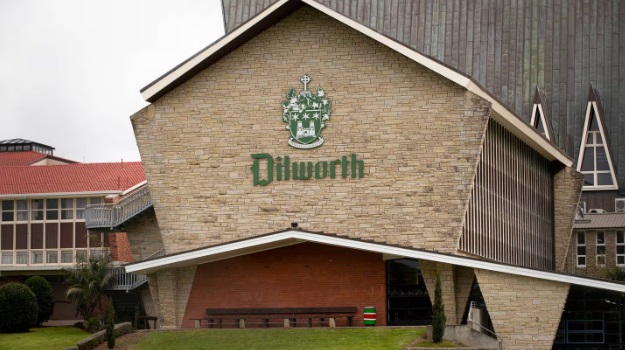
Julia Brown had oral sex with one pupil during an overseas trip at the end of the pupil’s (Year 13) seventh form year, as it was still known in the 1990s.
She would have been in her early to mid-30s at the time.
And in another relationship around the same era she had sex with a Year 12 pupil at her house the night before his 17th birthday, including playing a sexual game.
In a decision released today, the Teachers Disciplinary Tribunal concluded “without hesitation” that Brown was “not of good character nor fit to be a teacher”.
The decision detailed the relationships, redacting the pupils’ names and details so as not to identify them or any witnesses.

The trip related to language and cultural classes the pupils were involved in.
Over the course of the trip the teen grew close to Brown because he was homesick and they sat next to each other on trains and buses.
One evening, “student one” and Brown sat on the roof of a hotel where Brown confided “deeply personal matters” to the pupil.
On another occasion she stroked his hair.
The relationship escalated when part of the group, including the pair, extended the tour and one night the student gave Brown a back massage in her hotel room.
In another region they drank wine and kissed and walked through the town holding hands. Two other pupils grew suspicious and witnessed the pair cuddling on a bench.
Finally the pair began a sexual relationship, the decision said, when the pupil visited Brown in her hotel room early one morning and late at night.
“The two would lie naked on her bed together and performing oral sex on each other.”
Two adults on the tour, suspicious of the teenager’s prolonged absences, peered through the lock on Brown’s bedroom door and saw the two cuddling on a bed.
When the group flew back to New Zealand a few days later Brown and the pupil held hands for part of the flight.
The relationship quickly fizzled out but the tribunal said it had a “lasting and very significant impact” on the boy, who was “racked by shame and anxiety about what had occurred”.
In September 2012, after a number of years, he met Brown and emailed her the next day, the contents of which were redacted in today’s decision.
In the second case uncovered by police, Brown had the younger boy visit her home under the pretext of fixing her video player and the “relationship” developed over a period of months.
According to pupil two’s partner and a good friend of his from Dilworth at the time, the teenager visited Brown’s house the night before his 17th birthday and had sex several times before playing a sex game.
Brown later wrote him love letters and gave him a pair of her knickers and in class she sat next to him so they could touch each other sexually underneath the desks.
“Student two decided matters had become out of hand and ended the relationship before Form Seven.”
The tribunal said the relationship had a major impact on him after he left Dilworth.
Although Brown did not take part in the complaints assessment committee investigation, she provided statements denying the sexual affairs.
However, in the case of the first pupil she admitted developing a closeness on the overseas trip.
She denied being alone in a wine bar with the teen or kissing him but said they may have gone for a walk and sat on a bench.
She also admitted driving him to a beach once back in New Zealand, “where I told him that he needed to be with people his own age, that he’d meet like-minded people on his course and that while we had got close on the trip, this would no longer be appropriate”.
The tribunal said this demonstrated increasing personal contact and erosion of professional boundaries.
“We do not accept Ms Brown’s denials of the alleged conduct (putting aside that she has chosen not to formally engage).”
The tribunal said it believed the accounts of pupil one and those of pupil two’s partner and friend, and the witnesses, because none had anything to gain by making up stories.
It said Brown, now 56, was not fit to teach and cancelled her registration. It’s understood she was still working at Dilworth up until as recently as 2018.
“On the facts of this case we consider that no outcome short of cancellation is appropriate for this level of conduct and we so order.”
It ordered her to pay costs of $6307, which was half of the cost of the investigation and tribunal decision.
The tribunal also declined Brown’s application for permanent non-publication of her name, made on the basis she had previously suffered distress and that it would upset her unwell mother and impact her future employment prospects.
However, the tribunal declined stating concerns for the future were part of conduct findings being made and that professionals should think of such issues before committing serious misconduct.
- By Natalie Akoorie
- Open Justice multimedia journalist, Waikato










